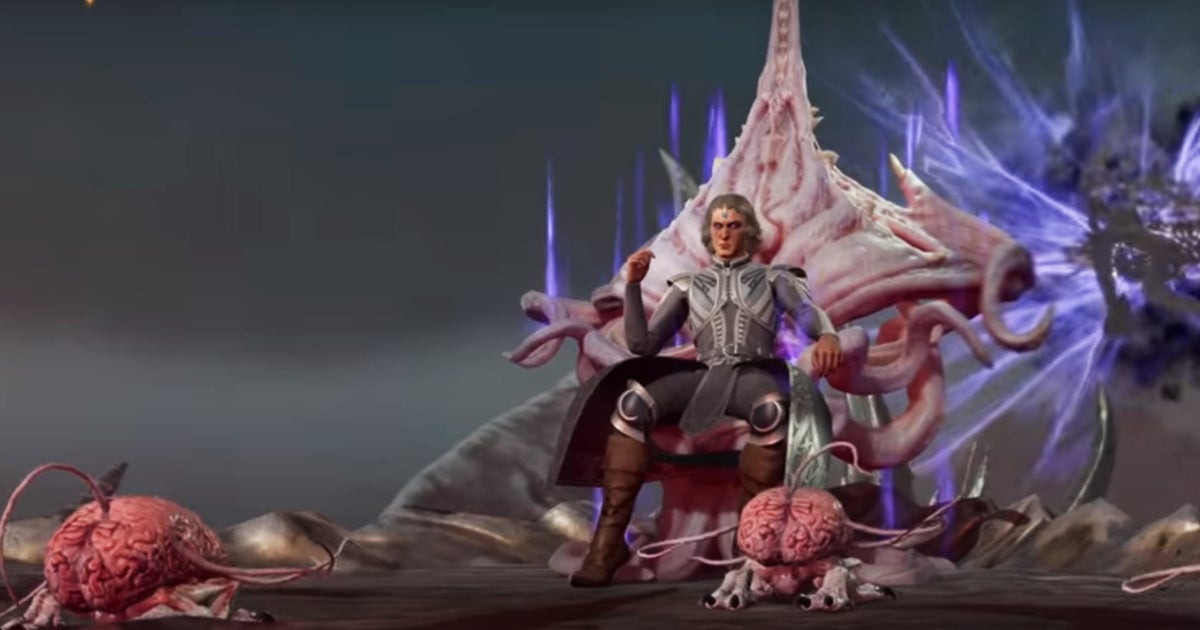Novel concepts are worth their weight in gold, and Card Shark comes up with an idea you’ve probably never seen before. Set in 18th-century France, players take on the role of a penniless and mute waiter who is promoted to high society by a pompous card cheat. On the road to riches, a deep conspiracy is uncovered that touches the lives of all in upper-class society and plays out in backroom salons, Corsican pirate dens and royal palaces. It’s a clever and appealing setup, but it can only take the game so far. With gameplay that feels like a chore from start to finish, I was excited for this card game to reach its final round.
While first impressions suggest that this game is poker or some other well-known game, the card game itself is just background. Instead, Card Shark is about jumping from one sleight of hand or cheat to another, robbing wealthy opponents of their money, and sneaking away before they get smart. You don’t actually play hands and decide whether or not to cheat; It’s all about pulling off the trick or failing and getting caught.
You’ll gradually learn new tricks and strategies from your mentor, a character based on the real-life eccentric named Comte de St. Germain. More than two dozen of these tricks will enter your repertoire throughout the game, each introduced in the minutes before you need to use the trick to cheat your opponents. Unfortunately, almost without exception, I found the various tricks frustrating, boring, and at times difficult to understand. These gameplay sequences usually boil down to a variation of old-school quick-time events. You’ll need to memorize a series of controller inputs, time your button presses, and respond quickly to on-screen prompts to fool your hapless fellow players.
That means almost the entire game is a tutorial, often teaching specific instructions you’re likely to forget in minutes. The tutorials themselves can be extremely annoying as certain strategies are often poorly explained and you have to repeat sophisticated inputs flawlessly before the story progresses.
They might have a trick that requires you to mark the cards with a blob of makeup. Another requires you to shuffle high cards in a specific order in the deck. A third might want to take a look at an opponent’s suits while pouring their wine. I could sense the happy fantasy of deception and high stakes encounters in fleeting moments. But the need for quick button presses and attention to timing did what QTEs have always done (and probably why they’ve gone out of style): pull me out of the experience.
Card Shark adds another element that no doubt aims to create excitement in the player, but for me this only led to tension and a lack of desire to invest in the experience. Scores are automatically applied at every step of an encounter, from gains or losses in your monetary fortune to death itself. If you die, you can “cheat” death or choose to surrender your soul and have your save game wiped. But none of that ever really matters. A personified “death” always sends you back eventually, eventually weary of your arrival and granting another chance at life because they’re tired of seeing you. Accumulated fortunes (or not) seem to have little to no impact on the story itself. To paraphrase a popular show, everything is made up and the dots don’t matter.
On repeated failures of a card game cheating sequence essential to the story, the game will eventually ask if you want to skip the strategy and play the story. It was a welcome relief to have the choice, especially in later multi-level transactions, so I’m glad that this option exists. But it’s problematic that the gameplay is frustrating enough to justify such a need in the first place.
Card Shark features an attractive art style, subtle writing, and a promising premise. But I couldn’t get over my dislike of the central gameplay encounters and endless lesson segments. I applaud the effort to put together a unique concept, but the frustrations that come with it mean I must discourage sitting down at this particular table.








